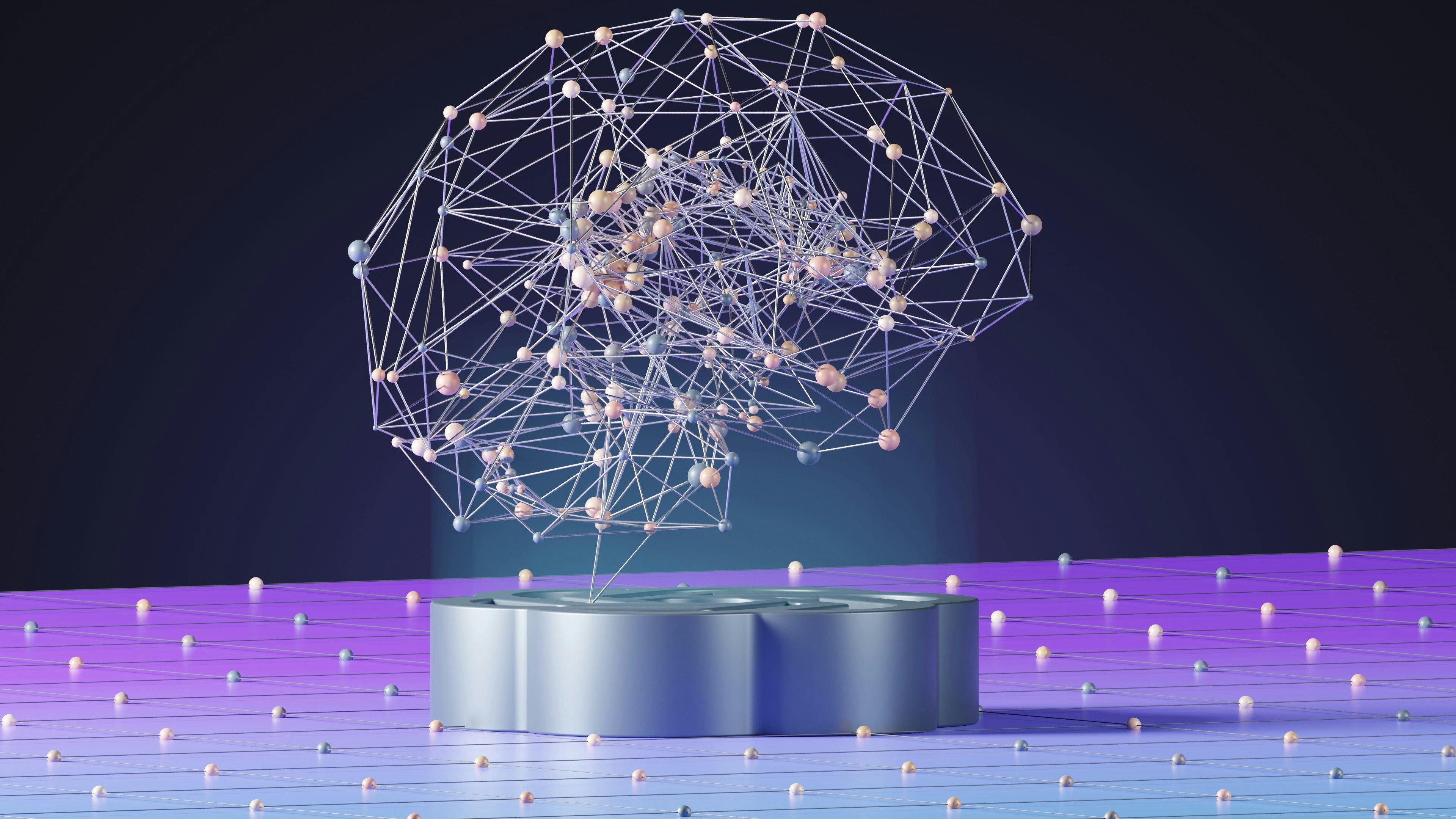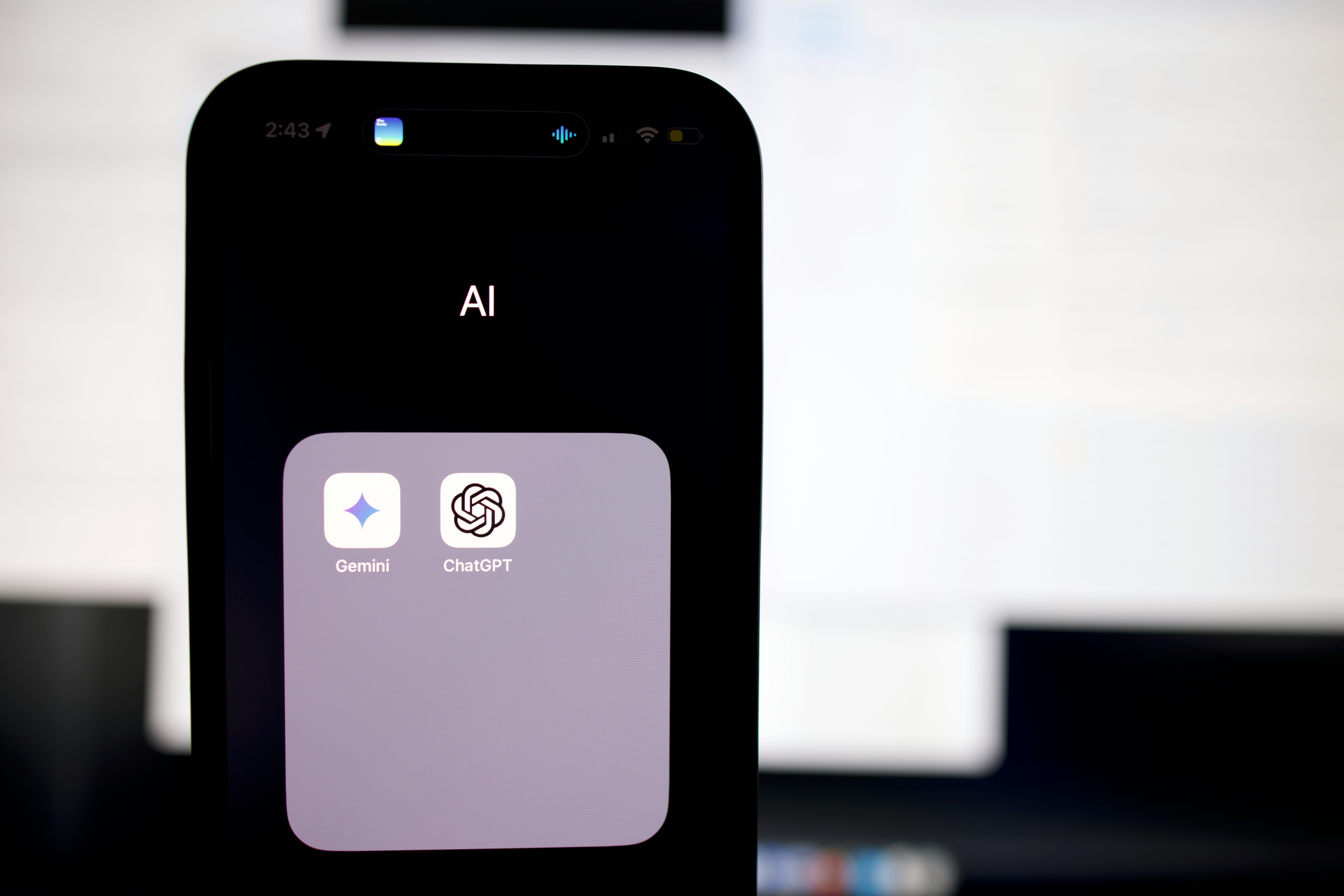Brain.ai is an emerging generative AI operating system designed to redefine how we interact with AI technology. At its core, it is an operating system (OS) built around the principles of generative AI, designed to serve as a foundational platform for various AI applications. Unlike traditional operating systems that manage hardware and software resources, Brain.ai focuses on creating, managing, and evolving AI models that can generate new content, ideas, or data based on the parameters it's given. This capability could transform how AI is being developed and deployed, making it simpler and more accessible for developers and businesses alike.
The integration of generative AI into operating systems is a game-changer for several reasons:
- Unleashing Creativity - By leveraging generative AI, systems like Brain.ai can produce content or solve problems in ways that human developers might not have conceived, leading to innovative solutions and ideas.
- Efficiency and Productivity - Generative AI can automate tasks that traditionally require substantial manual effort, such as coding or content creation, thereby enhancing productivity and efficiency.
- Customization and Personalization - This technology can adapt over time, offering personalized experiences based on user preferences and behaviors, making software interactions more engaging and useful.
- Democratization of AI Development - By simplifying the process of AI application creation, generative AI operating systems can make this technology accessible to a broader range of developers, including those without deep AI expertise.
Generative AI's role in operating systems underscores a pivotal shift towards more dynamic, intelligent, and intuitive computing environments. It paves the way for a future where technology assists with tasks and actively contributes to creative and problem-solving processes.
Understanding Brain.ai

Photo by Google DeepMind on Unsplash
Unlike conventional operating systems (Android Os, iOS, Windows OS) that serve as a platform for running applications, Brain.ai integrates advanced AI capabilities directly into the core system, enabling machines to understand and generate human-like content. This groundbreaking approach could transform the interaction between humans and computers, pushing the limits of what machines can achieve.
Features of Brain.ai
The features of Brain.ai are designed to optimize the synergy between humans and machines:
- Advanced Language Models - Incorporating state-of-the-art language models that can understand and generate natural language, facilitating smoother interactions.
- Adaptive Learning - The ability to learn from user input and behaviors, allowing the system to adapt and provide more relevant responses over time.
- Multitasking Capabilities - Unlike traditional systems, Brain.ai can handle multiple tasks simultaneously, thanks to its generative AI framework, enhancing productivity and efficiency.
- Intuitive Design Interface - Offers an intuitive user interface that simplifies complex tasks, making it accessible to users with varied technical skills.
Traditional operating systems act primarily as a mediator between hardware and software, lacking the capability to understand or generate content independently. Brain.ai, on the other hand, is built around the core functionality of generative AI, allowing it to perform tasks that require understanding context, generating content, and even making decisions based on data analysis. This represents a significant shift from merely executing predefined commands to engaging in a more dynamic, productive interaction with users.
Applications of Brain.ai

Photo by Google DeepMind on Unsplash
- Creative Writing - Assisting authors with plot generation, character development, and even full-fledged draft creation.
- Marketing Content - Generating personalized and targeted content for marketing campaigns, including emails, social media posts, and advertising copy.
- Academic Research - Facilitating literature review, hypothesis generation, and summarization of academic papers, saving researchers valuable time.
- Programming - Assisting developers by generating code snippets, debugging existing code, or even creating entire programs based on specifications.
Advantages of Brain.ai in Operating Systems

Photo by Masakaze Kawakami on Unsplash
Efficiency and speed
With its advanced AI capabilities, Brain.ai dramatically increases efficiency and speed in task completion. Its ability to understand context and intent allows it to execute complex commands and generate outputs at a pace far beyond what is achievable through manual effort or traditional automation.
- Immediate Responses - Generates immediate responses to queries, drastically reducing wait times.
- Streamlined Workflow - Automates routine tasks, streamlining workflows and freeing users to focus on more strategic activities.
Personalization and customization capabilities
Brain.ai excels in offering a highly personalized user experience. By learning from individual user interactions, it tailors its functionality to meet specific user needs, preferences, and habits.
- Adaptive Interfaces - Adjusts the interface and interactions based on user preferences and history.
- Customized Content Creation - Generates content that aligns with individual style and tone preferences, enhancing content relevance and engagement.
Enhanced user experience
The ultimate advantage of Brain.ai lies in its potential to greatly enhance the overall user experience. Its intuitive interface, combined with the power of generative AI, ensures a more natural and engaging interaction between humans and machines.
- Simplification of Complex Tasks - Makes complex tasks more approachable for users of all skill levels, through natural language understanding and generation.
- Improved Accessibility - Offers voice-command options and context-aware assistance, making technology accessible to a broader audience, including those with disabilities.
Challenges and Limitations of Brain.ai
Understanding the sophisticated nature of Brain.ai as a generative AI operating system is crucial, but acknowledging its challenges and limitations is equally important. These concerns range from ethical questions to security vulnerabilities and inherent biases, each of which plays a critical role in shaping the development and deployment of such technological innovations.
Ethical considerations
The ethical implications of Brain.ai's development and application are profound and multifaceted. Key ethical concerns include privacy issues, where the collection and use of personal data by AI systems might infringe on individual privacy rights. There's also the matter of accountability, as it's challenging to determine who is responsible when an AI system's decision leads to unforeseen negative consequences. Additionally, the potential for AI to be used in ways that could harm society, such as in autonomous weaponry or in manipulative advertising, raises serious ethical questions. These considerations necessitate a thoughtful approach to the development and use of Brain.ai, ensuring that it promotes the well-being of individuals and society as a whole.
Security concerns
Security is another critical challenge for Brain.ai. As with any operating system, there's a risk of malicious attacks aimed at exploiting vulnerabilities for unauthorized access, data theft, or manipulation. The interconnected nature of AI systems can amplify the consequences of such breaches, leading to widespread security incidents. Ensuring the robustness of Brain.ai against cyber threats requires continuous efforts in cybersecurity, including the development of advanced encryption methods, secure interaction protocols, and regular security audits.
Potential biases in generative AI
Generative AI systems, including Brain.ai, inherit biases from the data they are trained on. These biases can manifest in various forms, leading to skewed or prejudiced outputs that can perpetuate stereotypes or unfair treatment of certain groups. The challenge lies in identifying and mitigating these biases without compromising the system’s ability to learn and adapt. Addressing bias in Brain.ai involves continuous monitoring, using diverse and representative training datasets, and developing algorithms that can detect and correct biased patterns in their outputs.
Brain.ai's Prospects - What does the future hold?

Photo by Solen Feyissa on Unsplash
Potential developments in AI technology
The continuous evolution of AI technology promises to bring about improvements in Brain.ai's capabilities. Future developments may include more sophisticated algorithms capable of understanding and generating human-like content more accurately and efficiently. Additionally, advances in machine learning could enable Brain.ai to learn from significantly less data, making it more adaptable and efficient. There's also the potential for breakthroughs in quantum computing to exponentially increase processing power, dramatically enhancing Brain.ai’s performance and capabilities.
Integration of Brain.ai in various industries
The versatility of Brain.ai positions it for widespread integration across multiple sectors, from healthcare for predictive diagnostics and personalized medicine to finance for real-time fraud detection and automated financial advising. In education, Brain.ai could offer personalized learning experiences and automate administrative tasks, allowing educators to focus more on teaching. The manufacturing sector could see streamlined operations and enhanced quality control, thanks to Brain.ai’s predictive maintenance and operational optimization. Each industry's integration of Brain.ai promises to boost efficiency, innovation, and competitiveness.
Impacts on society and daily life
Brain.ai has the potential to profoundly impact daily life and society at large. By automating routine tasks and providing assistance in complex decision-making processes, it could significantly enhance productivity and free up time for creative and interpersonal activities, enriching human experiences. However, it also poses challenges, including job displacement in certain sectors and the need for individuals to adapt to a rapidly changing technological landscape. Despite these challenges, the overall societal impact of Brain.ai should be positive, fostering innovation, enhancing quality of life, and opening new avenues for human endeavor.







